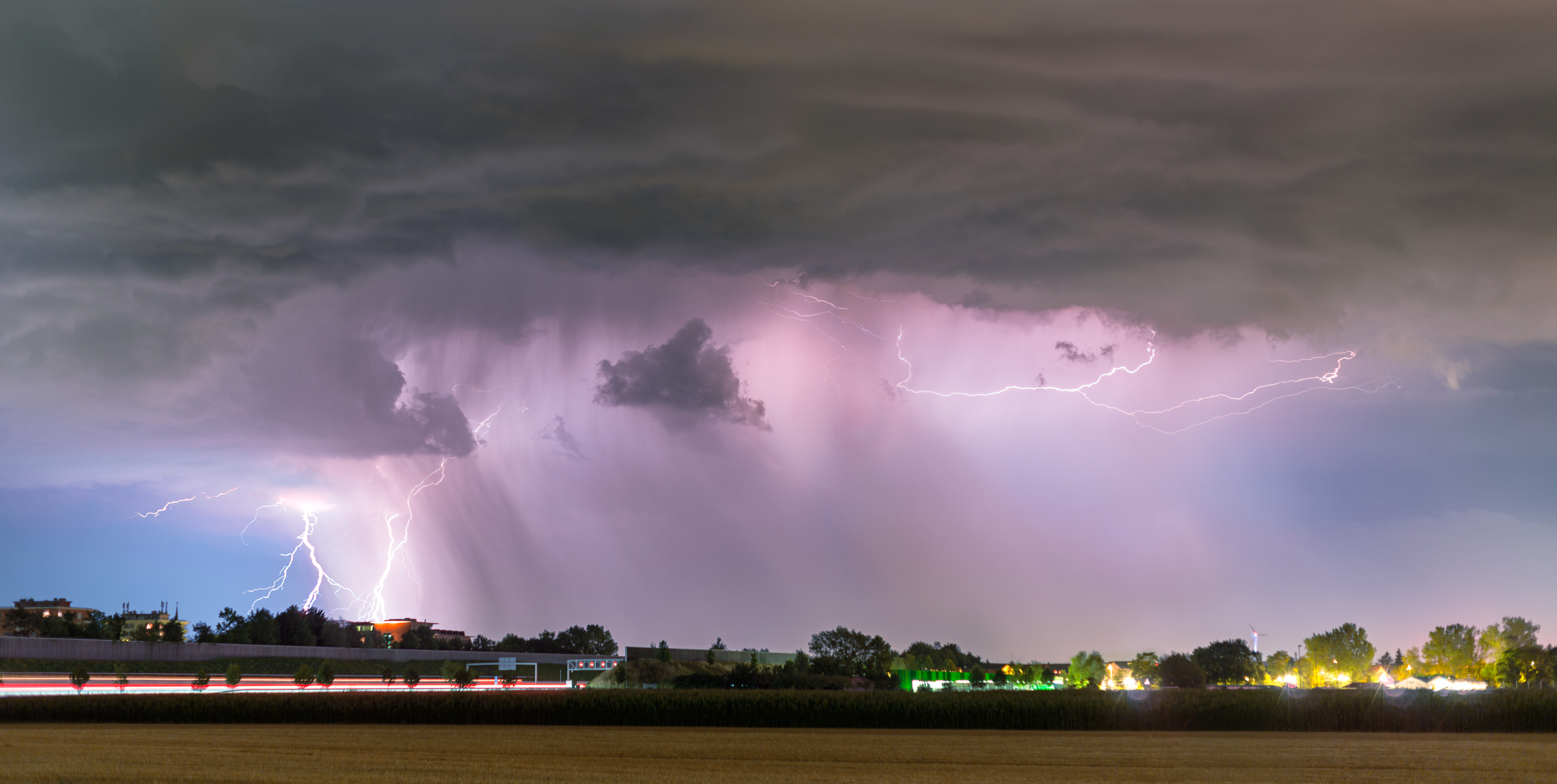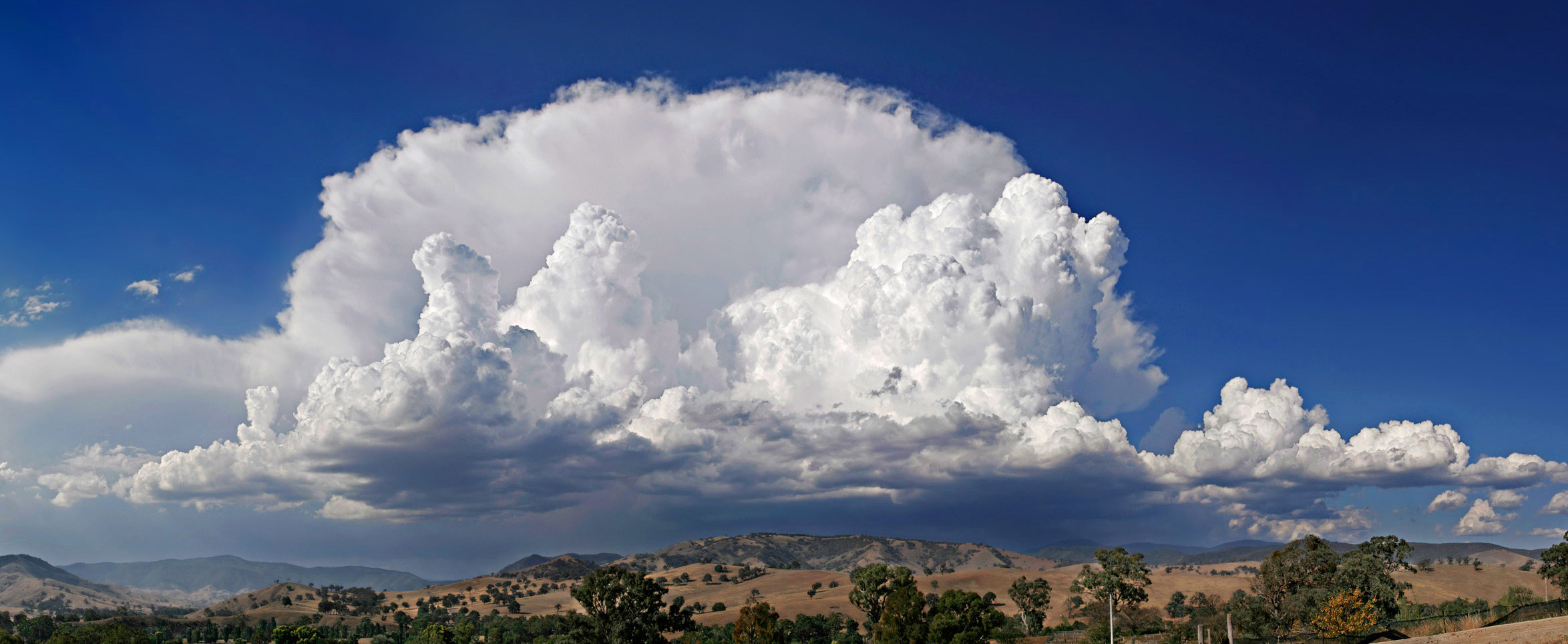|
Ukko
Ukko (), Äijä or Äijö (Finnish for 'male grandparent', 'grandfather', 'old man'), parallel to Uku in Estonian mythology, is the god of the sky, weather, harvest and thunder in Finnish mythology. Ukkonen, the Finnish word for thunder, is the diminutive form of the name ''Ukko''.Compare to English ''thunder'' (< ''þunor'') and ''donner'' (< ''donar'') both derived from ''*þunraz'' and originally synonymic with appellations of the |
Finnish Mythology
Finnish mythology is a commonly applied description of the folklore of Finnish paganism, of which a modern revival is practiced by a small percentage of the Finnish people. It has many features shared with Estonian and other Finnic mythologies, but also shares some similarities with neighbouring Baltic, Slavic and, to a lesser extent, Norse mythologies. Finnish mythology survived within an oral tradition of mythical poem-singing and folklore well into the 19th century. Of the animals, the most sacred was the bear, whose real name was never uttered out loud, lest his kind be unfavorable to the hunting. The bear ("karhu" in Finnish) was seen as the embodiment of the forefathers, and for this reason it was called by many circumlocutions: ''mesikämmen'' ("mead-paw"), ''otso'' ("browed one"), ''kontio'' ("dweller of the land"), ''metsän kultaomena'' ("the golden apple of the forest") but not a god. Study of Finnish mythological and religious history The first historical mention ... [...More Info...] [...Related Items...] OR: [Wikipedia] [Google] [Baidu] |
Ukonkivi2
Ukonkivi, (English: ''Ukko's rock''), is located on the island of Ukonsaari in lake Inari, Finnish Lapland. The Inari Sami name for the island is Äijih. The area of the lake is called Ukonselkä. Ukonkivi was considered by the local Inari Sami to be an extremely important '' siedi'' ( smn, siejdi, fi, seita), or sacred natural formation, and was used as a sacrificial site, perhaps as recently as in the 19th century. The names "Ukko" and " Äijih" refer to sky deities in the Finnish and Sami mythologies, respectively. The island is about high, broad and a long. The distance from the village of Inari to Ukonkivi is approximately . There are guided tours to the site during the summer from the harbour of the Sami museum, Siida. There are two known siedis at Ukonsaari. The first one to be studied was a sacrificial cave. One of the most important archaeological findings in Lapland was made at Ukonkivi in 1873 by the British archaeologist Sir Arthur Evans, when a silver jewelle ... [...More Info...] [...Related Items...] OR: [Wikipedia] [Google] [Baidu] |
Estonian Mythology
Estonian mythology is a complex of myths belonging to the Estonian folk heritage and literary mythology. Information about the pre-Christian and medieval Estonian mythology is scattered in historical chronicles, travellers' accounts and in ecclesiastical registers. Systematic recordings of Estonian folklore started in the 19th century. Pre-Christian Estonian deities may have included a god known as ''Jumal'' or ''Taevataat'' ("Old man of the sky") in Estonian, corresponding to ''Jumala'' in Finnish, and ''Jumo'' in Mari. Estonian mythology in old chronicles According to the Chronicle of Henry of Livonia in 1225 the Estonians disinterred the enemy's dead and burned them. It is thought that cremation was believed to speed up the dead person's journey to the afterlife and by cremation the dead would not become earthbound spirits which were thought to be dangerous to the living. Henry of Livonia also describes in his chronicle an Estonian legend originating from Virumaa in North Es ... [...More Info...] [...Related Items...] OR: [Wikipedia] [Google] [Baidu] |
God Of The Sky
The sky often has important religious significance. Many religions, both polytheistic and monotheistic, have deities associated with the sky. The daytime sky deities are typically distinct from the nighttime ones. Stith Thompson's ''Motif-Index of Folk-Literature'' reflects this by separating the category of "Sky-god" (A210) from that of "Star-god" (A250). In mythology, nighttime gods are usually known as night deities and gods of stars simply as star gods. Both of these categories are included here since they relate to the sky. Luminary deities are included as well since the sun and moon are located in the sky. Some religions may also have a deity or personification of the day, distinct from the god of the day lit sky, to complement the deity or personification of the night. Daytime gods and nighttime gods are frequently deities of an " upper world" or "celestial world" opposed to the earth and a "netherworld" (gods of the underworld are sometimes called "chthonic" deities) ... [...More Info...] [...Related Items...] OR: [Wikipedia] [Google] [Baidu] |
List Of Agricultural Gods
This is a list of agriculture gods and goddesses, Polytheism, gods whose Tutelary deity, tutelary specialty was agriculture, either of agriculture in general or of one or more specialties within the field. Each god's culture or religion of origin is listed; a god revered in multiple contexts are listed with the one in which he originated. Roman gods appear on a List of Roman agricultural deities, separate list. {{List of mythological figures by region Agricultural deities, Agriculture-related lists, Gods Lists of deities, Agricultural ... [...More Info...] [...Related Items...] OR: [Wikipedia] [Google] [Baidu] |
List Of Thunder Gods
Polytheistic peoples from many cultures have postulated a thunder god, the personification or source of the forces of thunder and lightning; a lightning god does not have a typical depiction, and will vary based on the culture. In Indo-European cultures, the thunder god is frequently known as the chief or King of the Gods, e.g. Indra in Hinduism, Zeus in Greek mythology, and Perun in ancient Slavic religion. Thunder gods Mediterranean * God in Abrahamic religions * Teshub (Hurrian mythology) * Adad, Bel, Ishkur, Marduk ( Babylonian-Assyrian mythology) * Baʿal, Hadad ( Canaanite and Phoenician mythology) * Set (Egyptian mythology) * Aplu (Hurrian mythology) * Tarḫunna (Hittite mythology) * Tarḫunz ( Luwian mythology) *Vahagn (Armenian Mythology) *Zibelthiurdos (Thracian mythology) * Zeus (Greek Mythology) * Jupiter (Roman Mythology) * Northwestern Eurasia * Armazi (god) Georgian Mythology * Afi ( Abkhaz Mythology) * Ambisagrus, Loucetios (Gaulish mythology) ... [...More Info...] [...Related Items...] OR: [Wikipedia] [Google] [Baidu] |
Thunder
Thunder is the sound caused by lightning. Depending upon the distance from and nature of the lightning, it can range from a long, low rumble to a sudden, loud crack. The sudden increase in temperature and hence pressure caused by the lightning produces rapid expansion of the air in the path of a lightning bolt. In turn, this expansion of air creates a sonic shock wave, often referred to as a "thunderclap" or "peal of thunder". The scientific study of thunder is known as ''brontology'' and the irrational fear (phobia) of thunder is called ''brontophobia''. Etymology The ''d'' in Modern English ''thunder'' (from earlier Old English ''þunor'') is epenthetic, and is now found as well in Modern Dutch ''donder'' (cf. Middle Dutch ''donre''; also Old Norse ''þorr'', Old Frisian ''þuner'', Old High German ''donar'', all ultimately descended from Proto-Germanic *''þunraz''). In Latin the term was ''tonare'' "to thunder". The name of the Nordic god Thor comes from the Old Norse ... [...More Info...] [...Related Items...] OR: [Wikipedia] [Google] [Baidu] |
Perkūnas
Perkūnas ( lt, Perkūnas, lv, Pērkons, Old Prussian: ''Perkūns'', ''Perkunos'', Yotvingian: ''Parkuns'', Latgalian: ''Pārkiuņs'') was the common Baltic god of thunder, and the second most important deity in the Baltic pantheon after Dievas. In both Lithuanian and Latvian mythology, he is documented as the god of sky, thunder, lightning, storms, rain, fire, war, law, order, fertility, mountains, and oak trees. Etymology The name continues PIE ''*'', cognate to ''*'', a word for "oak", " fir" or "wooded mountain". The Proto-Baltic name *''Perkūnas'' can be reconstructed with certainty. Slavic Perun is a related god, but not an etymologically precise match. Finnish Perkele, a name of Ukko, is considered a loan from Baltic. Another connection is that of ''terpikeraunos'', an epithet of Zeus meaning "''who enjoys lightning''". Perkūnas in written sources Most information about Perkūnas comes from folklore songs, legends, and fairy tales. Because most of them were c ... [...More Info...] [...Related Items...] OR: [Wikipedia] [Google] [Baidu] |
Myth
Myth is a folklore genre consisting of Narrative, narratives that play a fundamental role in a society, such as foundational tales or Origin myth, origin myths. Since "myth" is widely used to imply that a story is not Objectivity (philosophy), objectively true, the identification of a narrative as a myth can be highly controversial. Many adherents of religions view their own religions' stories as truth and so object to their characterization as myth, the way they see the stories of other religions. As such, some scholars label all religious narratives "myths" for practical reasons, such as to avoid depreciating any one tradition because cultures interpret each other differently relative to one another. Other scholars avoid using the term "myth" altogether and instead use different terms like "sacred history", "holy story", or simply "history" to avoid placing pejorative overtones on any sacred narrative. Myths are often endorsed by secular and religious authorities and are close ... [...More Info...] [...Related Items...] OR: [Wikipedia] [Google] [Baidu] |
Epithet
An epithet (, ), also byname, is a descriptive term (word or phrase) known for accompanying or occurring in place of a name and having entered common usage. It has various shades of meaning when applied to seemingly real or fictitious people, divinities, objects, and binomial nomenclature. It can also be a descriptive title: for example, Pallas Athena, Phoebus Apollo, Alfred the Great, Suleiman the Magnificent, and Władysław I the Elbow-high. Many English monarchs have traditional epithets: some of the best known are Edward the Confessor, William the Conqueror, Richard the Lionheart, Æthelred the Unready, John Lackland and Bloody Mary. The word ''epithet'' can also refer to an abusive, defamatory, or derogatory phrase. This use as a euphemism is criticized by Martin Manser and other proponents of linguistic prescription. H. W. Fowler complained that "epithet is suffering a vulgarization that is giving it an abusive imputation." Linguistics Epithets are sometimes at ... [...More Info...] [...Related Items...] OR: [Wikipedia] [Google] [Baidu] |
Heaven
Heaven or the heavens, is a common religious cosmological or transcendent supernatural place where beings such as deities, angels, souls, saints, or venerated ancestors are said to originate, be enthroned, or reside. According to the beliefs of some religions, heavenly beings can descend to Earth or incarnate and earthly beings can ascend to Heaven in the afterlife or, in exceptional cases, enter Heaven alive. Heaven is often described as a "highest place", the holiest place, a Paradise, in contrast to hell or the Underworld or the "low places" and universally or conditionally accessible by earthly beings according to various standards of divinity, goodness, piety, faith, or other virtues or right beliefs or simply divine will. Some believe in the possibility of a heaven on Earth in a ''world to come''. Another belief is in an axis mundi or world tree which connects the heavens, the terrestrial world, and the underworld. In Indian religions, heaven is considered a ... [...More Info...] [...Related Items...] OR: [Wikipedia] [Google] [Baidu] |





_-_1909.jpg)

